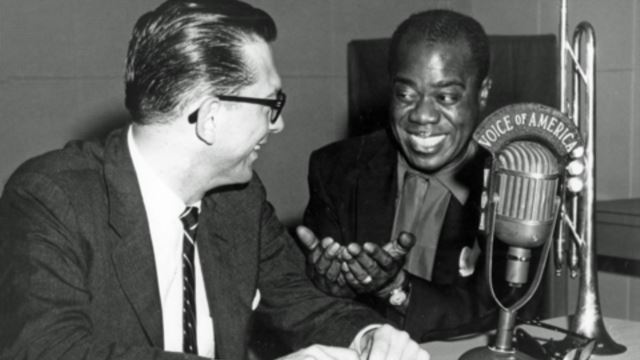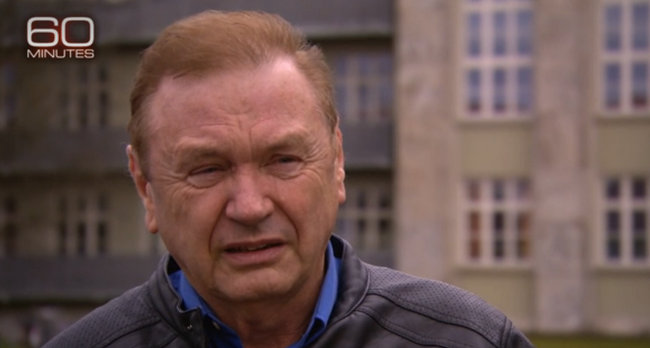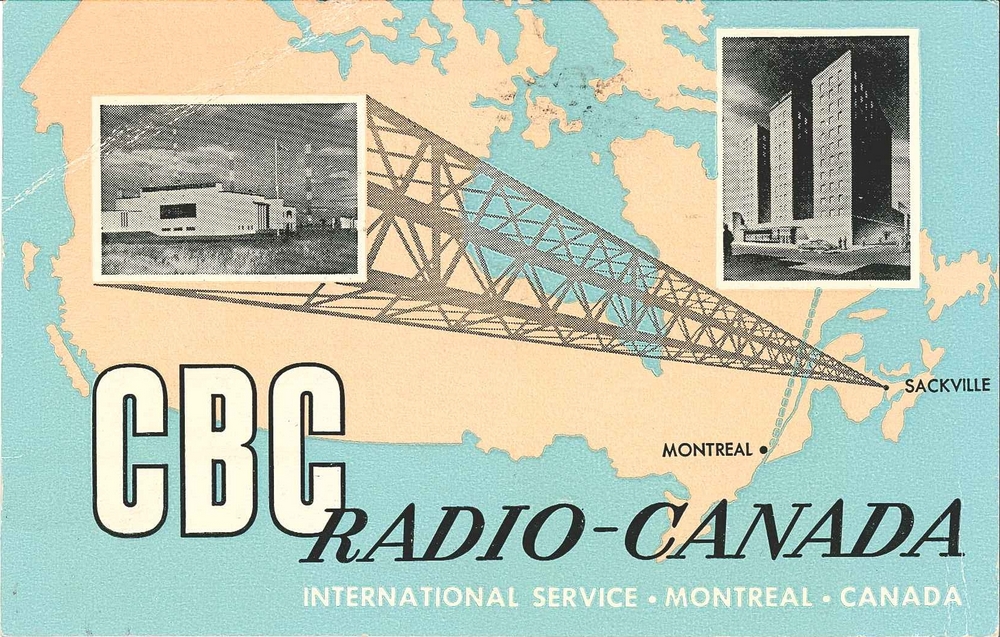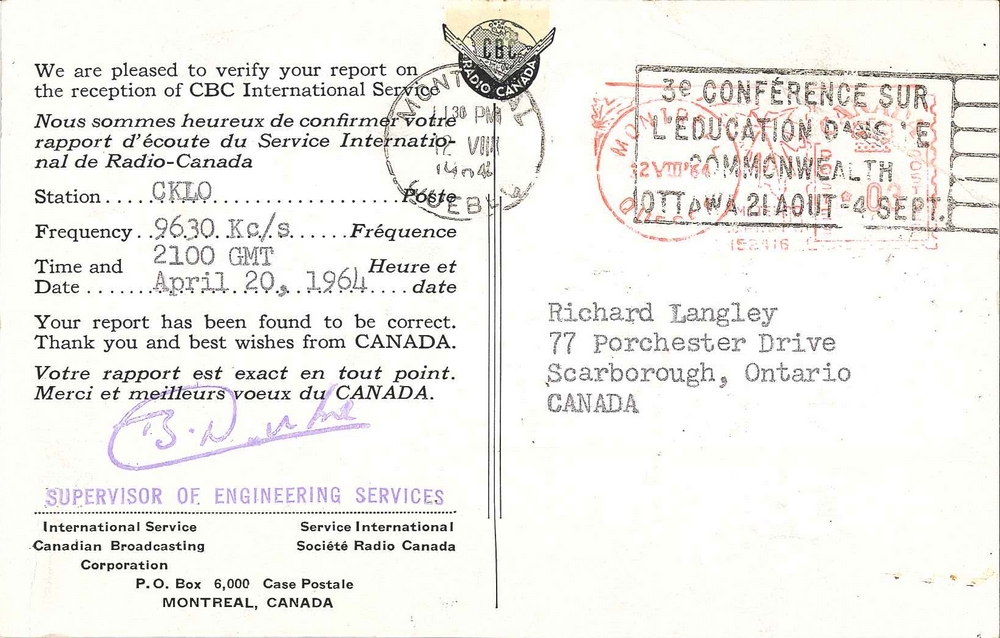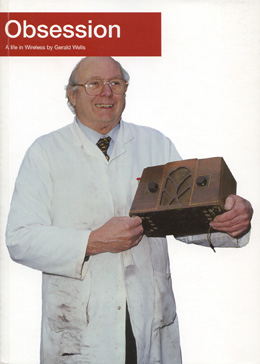 Gerald Wells, the Curator of the British Vintage Wireless & Television Museum passed away on December 22nd, 2014. In our previous post about his passing, I pointed to a brilliant BBC radio documentary which featured Mr. Wells.
Gerald Wells, the Curator of the British Vintage Wireless & Television Museum passed away on December 22nd, 2014. In our previous post about his passing, I pointed to a brilliant BBC radio documentary which featured Mr. Wells.
Last week, Jonathan Marks posted his own tribute to Gerry Wells on Critical Distance. Jonathan’s post includes two half-hour interviews with Mr. Wells from 1986/1987.
Jonathan has kindly allowed me to embed an excerpt from his post, below, along with his interviews.
Jonathan writes:
“Sad to note that the Curator of the British Vintage Wireless & Television Museum, Gerald Wells, passed away on December 22 2014.
At the end of the 1960’s Gerry gave up his job as an electrical contractor. He could see wireless sets being discarded and felt there was a need for a “Vintage Wireless Museum”. The Museum for Vintage Wireless came into existence in 1974 and was later expanded to include Television.
I made a couple of half hour documentaries with Gerry in 1986/1987, hearing the stories of how radios were built and got their names. Other documentaries focused on his life as a lifelong radio engineer.
I remember visiting the UK’s Vintage Radio Wireless Museum in Dulwich, South London as though it were yesterday. It’s just an ordinary terraced house from the outside, but inside its a celebration of the tube (Valve) radio, especially in the era 1920-1950. What’s more, Gerald Wells, was one of the world’s experts on valves – and had a flood of stories about the famous names I heard second-hand as a child. Did you know that Vidor Batteries were named after the manufacturers two daughters? And what were the better brands of radios.
Enthusiasts in the UK have since made a DVD about Gerald which I can recommend. Part Two of this programme was made in Dulwich one year later is also here on this blogpost. I am sure you could visit Gerald 1000 times and still take away new and different stories about this era of broadcasting. Anyone restoring early iPods? Thought not.”
I encourage you to check out Jonathan’s full post on Critical Distance. I’m always amazed at the number of topics Jonathan has covered in his radio career and, especially, his tenure at Media Networks. You’ll find hundreds of recordings like the ones above at the Media Network Vintage Vault.

